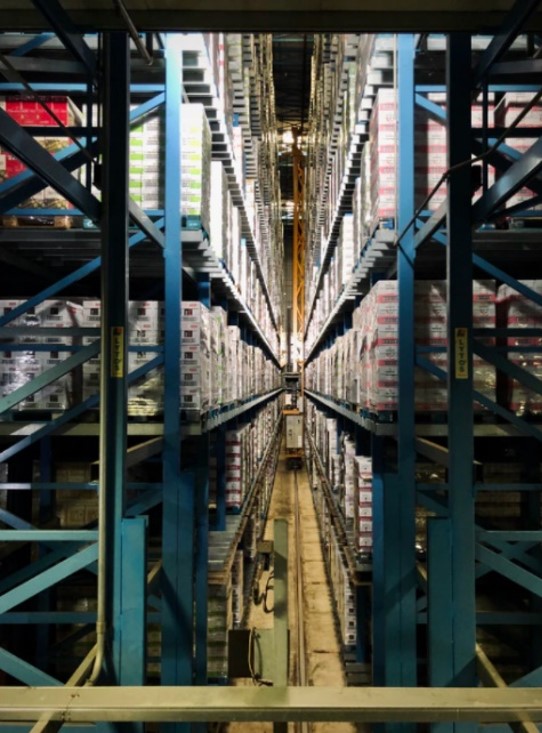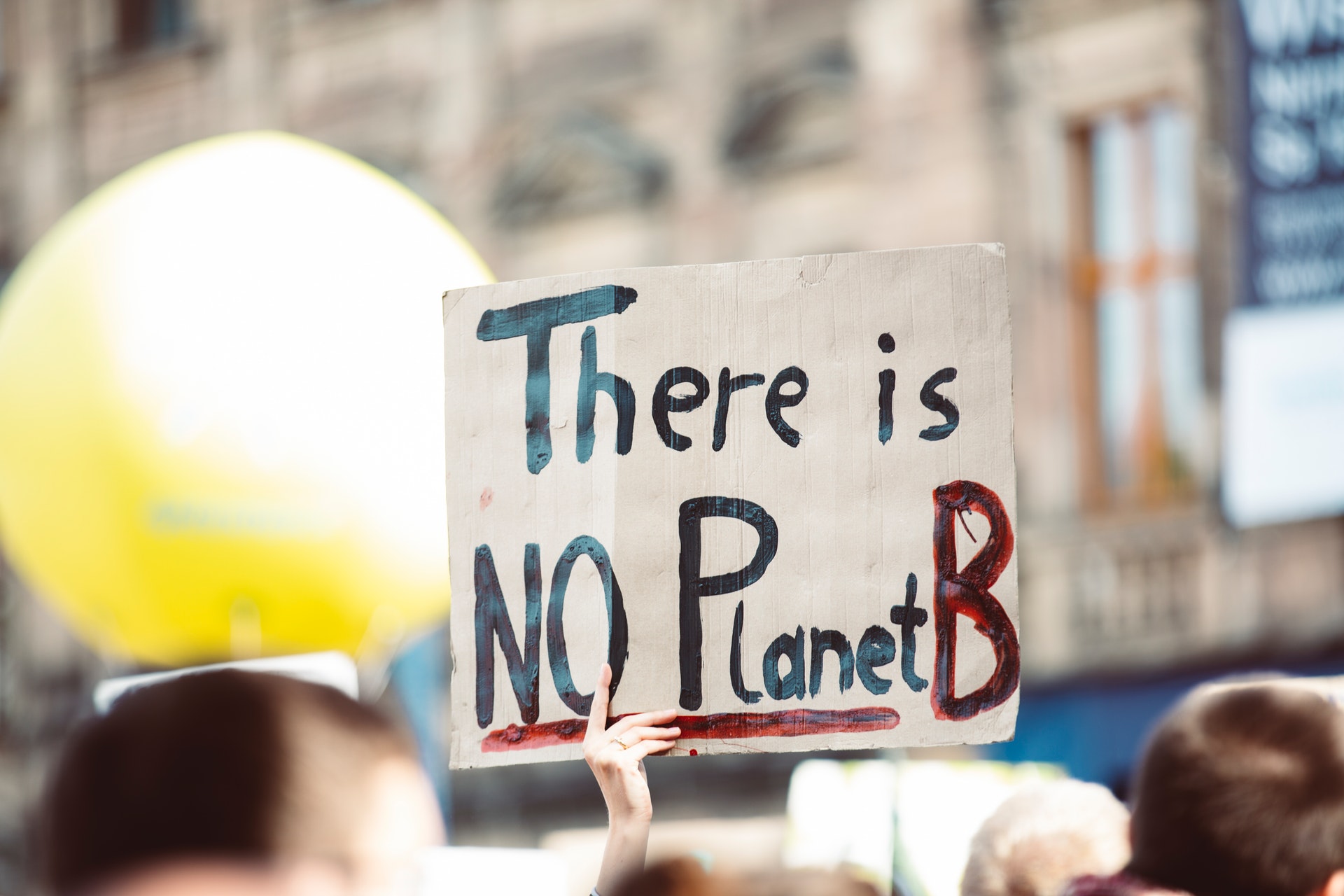 Nowadays, there is no denying that climate change, derived from global warming, continues to have an ever-increasing and continuous impact on the Earth's ecosystem. As such, companies all over the globe have been made aware of the importance of adopting more sustainable and viable practices in the course of their professional activities. As one’d expect, this does not leave retailers out of the picture, much on the contrary.
Nowadays, there is no denying that climate change, derived from global warming, continues to have an ever-increasing and continuous impact on the Earth's ecosystem. As such, companies all over the globe have been made aware of the importance of adopting more sustainable and viable practices in the course of their professional activities. As one’d expect, this does not leave retailers out of the picture, much on the contrary.
Through a range of different sorts of initiatives (a couple of examples would be Race to Zero Breakthroughs: Retail Campaign [Campaign, 2021], or Carbon Disclosure Project [ONG, 2000-Present Day]) the retail sector is being put to test for some time now regarding their capability of outbringing the same results whilst meeting several green milestones.
Regarding SCM, companies are taking the time to consider distinct approaches to better deal with their operational work, combining efficiency with efficacy resulting in less wasted resources with at least the same output. Let us now analyze, more specifically, what the actual struggles for retailers are when it comes to facing climate changes adversities.
 As for climate adversities, there are three core grounds on which these stand against SCM: markets, regulations, and substantial barriers. This green urgency has put a heavy step on the demand for greener initiatives as well as for greener choices of products amongst the market. Environmental sensitivity has become a trait on laying out final consumers’ profiles, therefore affecting the SCM strategy. Retailers have also started being subjected to scrutiny on their carbon management, implying a series of international regulatory accords to be fulfilled. As a result of these regulations, fossil fuels and energy prices have gotten on an ongoing rising escalade of cost, denoting yet another concern for wholesalers.
As for climate adversities, there are three core grounds on which these stand against SCM: markets, regulations, and substantial barriers. This green urgency has put a heavy step on the demand for greener initiatives as well as for greener choices of products amongst the market. Environmental sensitivity has become a trait on laying out final consumers’ profiles, therefore affecting the SCM strategy. Retailers have also started being subjected to scrutiny on their carbon management, implying a series of international regulatory accords to be fulfilled. As a result of these regulations, fossil fuels and energy prices have gotten on an ongoing rising escalade of cost, denoting yet another concern for wholesalers.
On a substantial ground, climate changes have impacted the offer curve for raw materials, creating shortages and increasing prices for producers. This generates a chain of costs that forces retailers to adapt their strategies towards replenishment preferences. The challenges faced by retailers’ SCM require solutions in terms of both operational and strategic nature. Thus, inferring a hard look over both production and inventory planning, material requirements planning, more efficient transportation means, and overall, a retail supply chain network probable reconfiguration.
So, effectively, which measures are being implemented to prevent some of the obstacles mentioned so far?
Evidently, there is no shortage of problems to solve and therefore retailers have had to come up with quick and effective approaches to incrementally tackle each imposing problem within the SCM transitive functioning to this new more sustainable cycle. Wise and efficient planning, one of the most general and obvious approaches to the global crisis. Through a clear and more accurate estimate between demand and supply, excessive production can be avoided, sparing energy and resources.
Machine learning centered tools and forecasting analytics can play a huge part in this process, providing retailers with more precise foretelling diverse models, achieving full optimization at its very best. Embracing public transparent partnerships between retailers and suppliers, assures sustainable practices are driving manufacturing processes, resulting in preventive working cultures, whilst also selling a “lead by example” corporate appealing market image.
 Optimized alternative-fueled transportation fleets represent one of the biggest sustainable slow improvements invested by companies since fossil-fueled vehicles represent the largest contributors to atmospheric pollution. Fleets are being optimized by GPS route planning, making shorter and less time-consuming deliveries.
Optimized alternative-fueled transportation fleets represent one of the biggest sustainable slow improvements invested by companies since fossil-fueled vehicles represent the largest contributors to atmospheric pollution. Fleets are being optimized by GPS route planning, making shorter and less time-consuming deliveries.
Today, there are companies whose businesses run solely on designing and developing clean energy solutions for all sorts of retail intervenient processes. Processes like packaging, which is another ground where a lot of research and development resources have been put to use on preventing the excessive use of non-recycled materials, such as plastic.
 In conclusion, it is indeed important to consider that we operate our activity in a constantly changing ecosystem, which forces companies to adjust constantly. As consumers' mindsets change, companies must adapt and even anticipate mindsets, to ensure the fluidity and continuity of their activities. The retail sector has always worked on the volatility of SCM. It is a known challenge where, given the facts, just one more set of green and sustainable variables were added to the equation and, therefore, it is up to retailers to have the acumen to plan their activities with the best prudence that technology offers these days.
In conclusion, it is indeed important to consider that we operate our activity in a constantly changing ecosystem, which forces companies to adjust constantly. As consumers' mindsets change, companies must adapt and even anticipate mindsets, to ensure the fluidity and continuity of their activities. The retail sector has always worked on the volatility of SCM. It is a known challenge where, given the facts, just one more set of green and sustainable variables were added to the equation and, therefore, it is up to retailers to have the acumen to plan their activities with the best prudence that technology offers these days.
João Araújo Novo
System Analyst at Wysupp
06 August 2021

